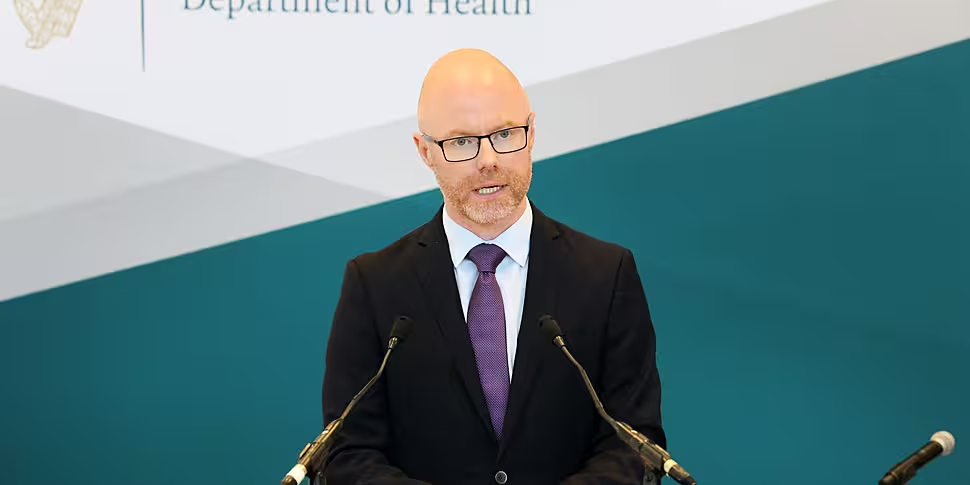Health Minister Stephen Donnelly has said the Pfizer/BioNTech COVID-19 vaccine will be rolled out in Ireland 'within the coming days'.
It follows earlier approval from the European Medicines Agency (EMA).
The EMA recommended granting a conditional marketing authorisation for the vaccine in people from 16 years of age.
The European Commission has now authorised the use of the vaccine.
Minister Donnelly has welcomed the announcement by the Commission, which means roll-out can begin across the European Union.
He said: "After a very difficult year, it is great to be moving into 2021 with the wonderful news that the first COVID-19 vaccine has been approved for use in the European Union.
"Our priority was to ensure that any COVID vaccine administered in Ireland meets all of the rigorous safety and efficacy requirements of the EMA, and so this is a huge achievement by our medical and scientific communities."
He added that the Government will begin administering this vaccine in Ireland "within the coming days".
"We have detailed plans in place for this roll-out through the National COVID-19 Vaccination Strategy.
"The most vulnerable will be prioritised first and over time, these vaccines will allow us to re-open our society and economy.
"In the meantime, I am asking everyone to continue to follow the public health guidance."
"COVID-19 is still with us, and it is still deadly. We all know the right actions - wash your hands, wear a face covering, maintain a two-metre social distance and remember that every contact counts."
How will the roll-out work?
The vaccines will be made available free of charge and have been authorised for use for those above the age 16.
The jab is given as two injections into the arm, at least 21 days apart.
The vaccines will be rolled out in three phases: the initial roll out is expected to begin before the end of the year.
This will be followed by a mass ramp-up as more vaccines become available, and then open access.
The highest priority groups - those over the age of 65 living in long-term care facilities and frontline healthcare workers in direct patient contact - will receive the vaccine first.
Vaccines will be administered from long-term care facilities, hospitals, mass vaccination clinics, GP surgeries and community pharmacies.
This will be done by healthcare workers including hospital doctors, community medical officers, nurses, GPs and pharmacists.
Earlier executive director of the EMA, Emer Cooke, said she was "delighted" to announce the "historic scientific" achievement.
"Today’s positive news is an important step forward in our fight against this pandemic, which has caused suffering and hardship for so many.
"We have achieved this milestone thanks to the dedication of scientists, doctors, developers and trial volunteers as well as many experts from all EU member states.
"Our thorough evaluation means that we can confidently assure EU citizens of the safety and efficacy of this vaccine and that it meets necessary quality standards."
She added: "However, our work does not stop here.
"We will continue to collect and analyse data on the safety and effectiveness of this vaccine to protect people taking the vaccine in the EU".
'Third wave'
Meanwhile Chair of NPHET Irish Epidemiological Modelling Advisory Group, Professor Philip Nolan, said Ireland is now 'clearly in a third wave' of the pandemic.
He was speaking as there were 727 new cases of the virus confirmed here on Monday.
There were no new deaths recorded.
There have been a total of 80,267 cases and 2,158 deaths here.
Prof Nolan said: "The virus is transmitting very rapidly, faster than we have seen at any point since March.
"The case numbers are growing at least 5% to 7% per day and, of particular concern, across all age groups."
And Dr Tony Holohan, Chief Medical Officer, added: "Our current disease trends are gravely concerning.
"The situation has deteriorated rapidly in recent days.
"A total of 3,837 cases have been notified in the past seven days. The five day rolling average has increased from 339 on 17th December to 616 on 21st December, an 82% increase.
"It is now as important as it was back in March to limit your contacts and protect your loved ones."









